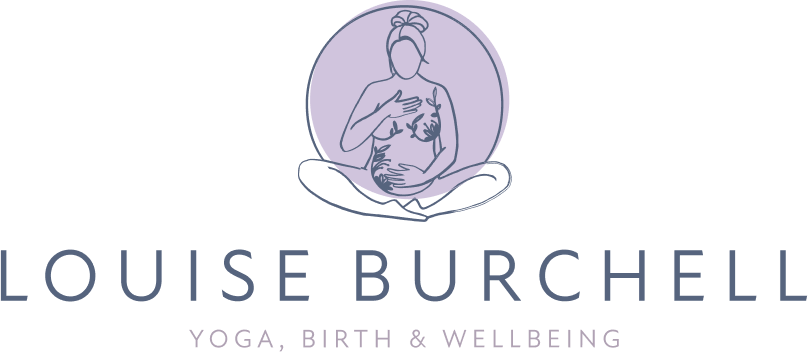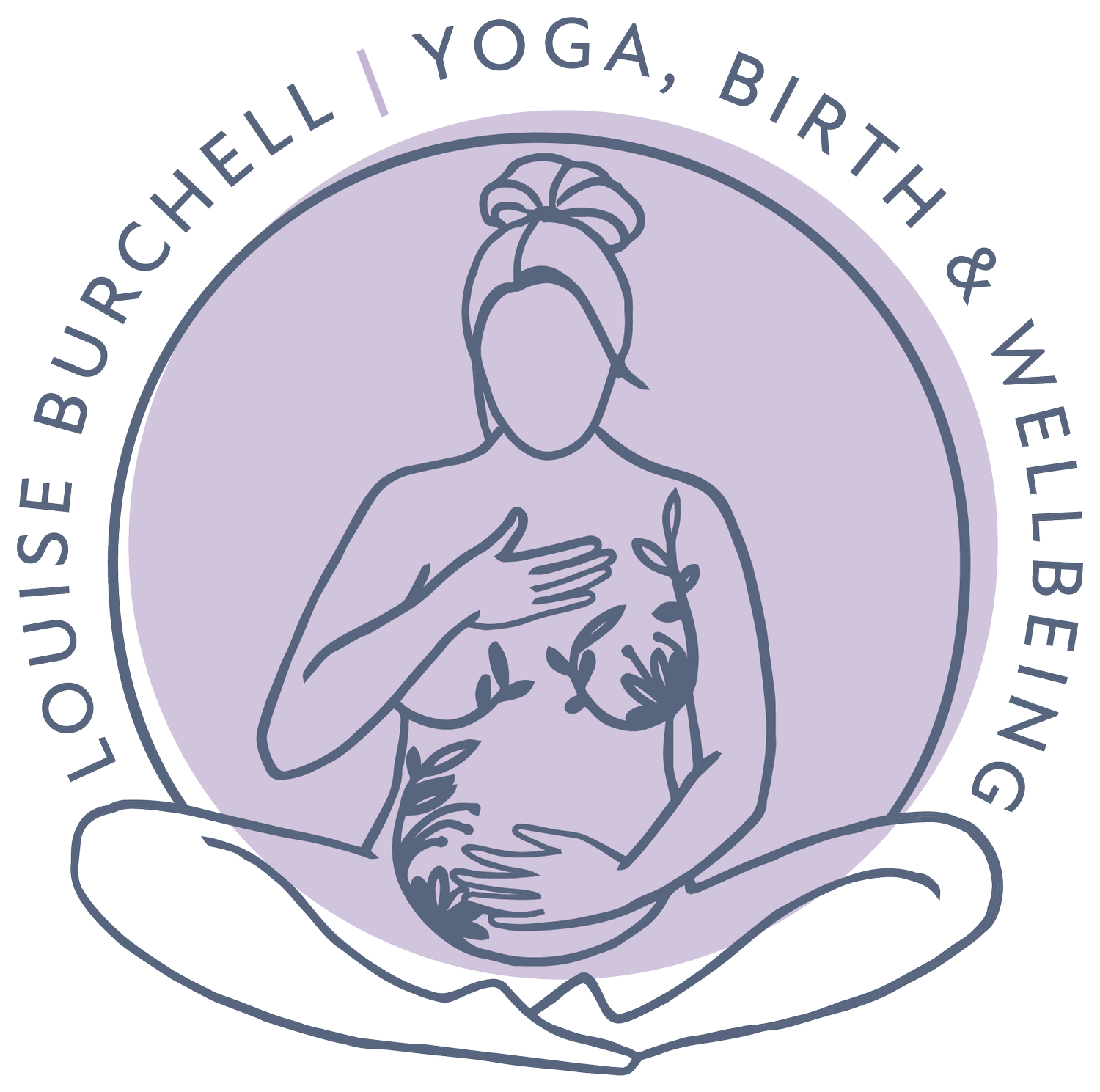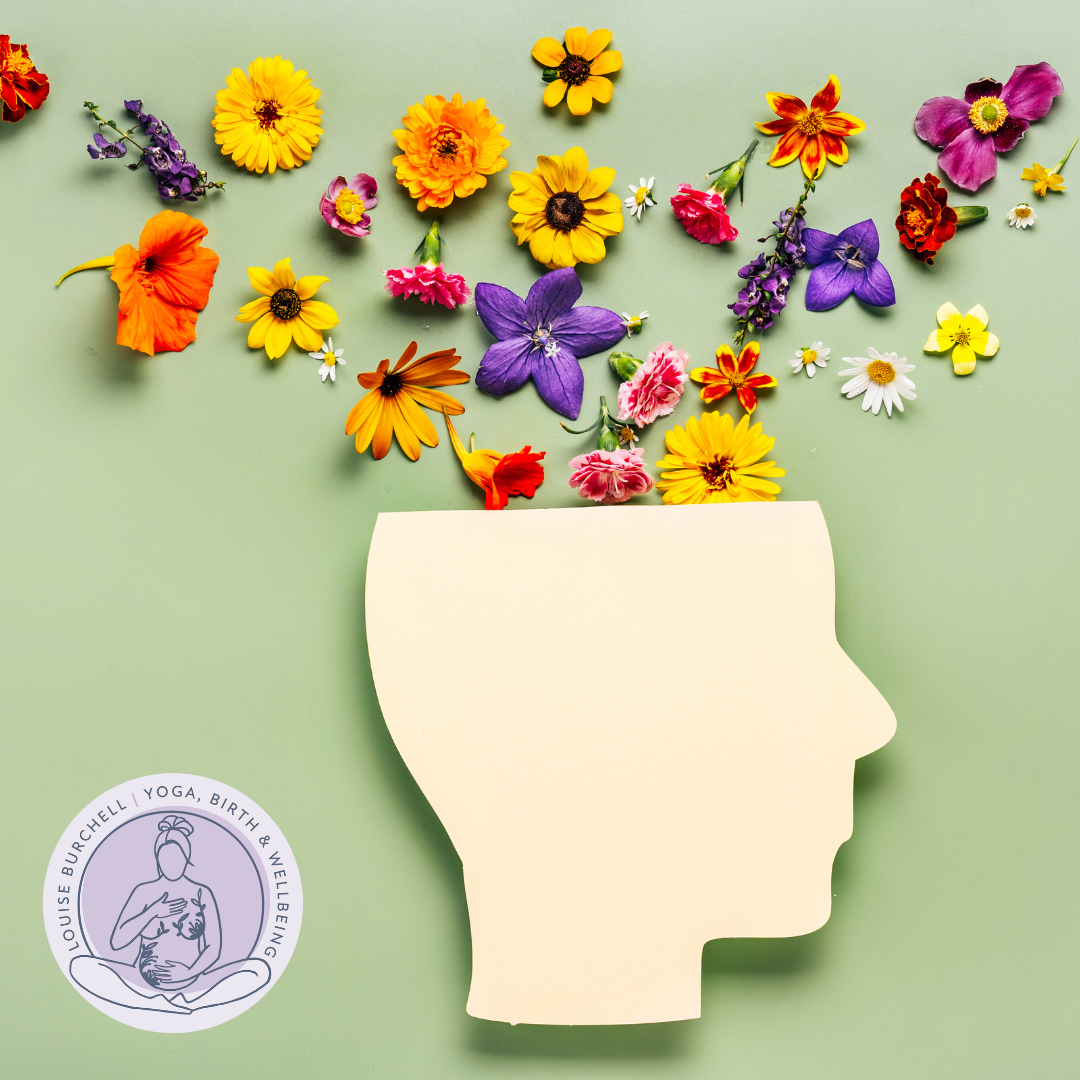Why Counselling and Psychotherapy Work: What the Research Says
More and more people are turning to counselling and psychotherapy for support with their emotional, mental, and even physical wellbeing. But what actually makes talking therapy effective? Is it the type of therapy? The therapist? The client’s readiness?
It’s Not Just About the “Type” of Therapy
There are many types of therapy—Pluralistic, Cognitive Behavioural Therapy (CBT), Person-Centred Therapy, Psychodynamic Therapy, to name a few. While each has its own structure and style, research consistently shows that no one type of therapy is overwhelmingly better than the others. What matters most isn’t the method, but other deeper factors.
I chose to train in Pluralistic Counselling for this exact reason. Pluralism is the philosophy that there is no single truth and how this translates to counselling is a fundamental belief that different people need different things at different times in their lives, and so counsellors must be flexible and adaptive to individual client needs. I am trained in multiple counselling approaches (including all of the ones listed above) as well as how to work collaboratively with you, the client, to find out what you want, need and prefer, so that I can adapt my way of working to best suit your needs.
The Healing Relationship
The number one factor in successful therapy is the quality of the relationship between the therapist and the client.
Studies show that a strong, trusting relationship—often called the therapeutic alliance—is one of the biggest predictors of positive outcomes. Feeling heard, seen, and understood can be deeply healing in itself, especially if those experiences were missing earlier in life.
This is incredibly important to me in my work as a counsellor. Client feedback confirms that I am warm, empathic, compassionate and supportive. I want you to have my full attention during our sessions. I am a curious counsellor: I will listen to you yes, but I will also ask you questions, tell you why I am asking them, and share what I’m wondering as we work together to make sense of your experiences.
Feeling Safe to Explore
Therapy offers something rare in today’s world: a confidential, non-judgemental space. When we feel emotionally safe, our nervous system relaxes, making it easier to reflect, feel, and process. This helps us access deeper layers of our experiences and make sense of them in new ways.
Soothing your nervous system is a really important part of counselling, especially if we are working with any trauma. Before we dive right into telling a trauma story, I tend to work with clients on grounding and safety techniques so that we can always come back to the present and feeling safe. This is key to processing and releasing trauma. Even without trauma though, feeling safe as you explore what can be difficult emotions is really important. I have an ever-growing toolkit of techniques that I can teach you so that you can ultimately become your own counsellor in times of need.
Making Meaning
One of the ways therapy works is by helping us make meaning out of our experiences. Through talking, we begin to organise our thoughts and emotions, understand patterns, and see ourselves with more compassion. This process alone can reduce anxiety and increase self-esteem.
This is often the process during which I will ask questions and share my hunches about connections or meaning behind your experiences. Sometimes I’m right, and sometimes I’m wrong - that’s okay. It’s about having an open dialogue and open mind to trying to figure it out together.
Changing How We Think and Feel
While insight is powerful, therapy also helps change how we respond to life. Therapists often support clients in challenging unhelpful thoughts, developing new coping strategies, and even reshaping neural pathways in the brain—a process called neuroplasticity. In short, the more we practice new ways of thinking and behaving, the more our brain rewires itself.
This is where some of the CBT techniques can be really helpful and I will work with you to decide what might suit you. Sometimes we don’t get it right first time and that’s okay - it’s all useful information and can help to inform what we try next. It might be keeping a thought log, using a courtroom technique to challenge intrusive thoughts, or trying out behaviour experiments like going to the place you keep avoiding. There is an endless list of things we can try.
Being Truly Heard is Transformative
For many, therapy is the first time they feel truly heard—without interruption, advice, or judgment. Research confirms that simply being listened to deeply and empathetically can reduce feelings of shame, isolation, and emotional pain.
While family and friends do their best to provide emotional support, they are not (usually) trained counsellors and even if they are, talking to a family member is different than talking to a counselling client. Family and friends often want to “fix” things for us because it is unbearable for them to share our distress. They may offer advice and get frustrated when you don’t take it, but actually all you really needed was someone to truly listen to you and understand how hard this is for you.
Growth Takes Time—and That’s Okay
Therapy is not a quick fix, but a journey of self-discovery and emotional growth. Research suggests that lasting change happens over time, especially when clients feel supported and empowered in the process. It's not about being "fixed"—it's about becoming more whole.
I don’t tend to work in a time-limited way - you can have as many or as few counselling sessions as you want. We will review regularly how you feel it is going and work towards ending when you feel ready. Nobody can predict how long you will need counselling for, and nor should they try to. Beware of anyone that says confidently, “Ah yes I can fix you in 6 sessions” !
Many clients come back to counselling months or years later - this is not a failing of the therapy sessions but a testament to the relationship built. Clients leave us when they feel more resilient but the nature of life is that we will soon meet another obstacle and having a familiar safe therapeutic relationship to return to can be reassuring, and saves us starting over with someone new.
Final Thoughts
So why does therapy work? Because at its heart, it's a deeply human process. It offers presence, empathy, understanding, and the chance to make new choices.
If you’re considering therapy, trust that even small steps can lead to lasting change. The research backs it—and more importantly, so do the countless people who’ve walked that path before you.


